Costa Rica, known for its stunning beaches, lush rainforests, and abundant wildlife, attracts millions of tourists every year. But, as with any destination, safety is a top concern for travelers. In this article, we’ll answer the question, “Is Costa Rica safe to visit?” (SPOILER ALERT: Yes, it is!) and, in conjunction with our partner, Vigilios, we’ll provide helpful tips to ensure a safe and enjoyable vacation.
Navigating Costa Rica Safely
Overview of Safety in Costa Rica
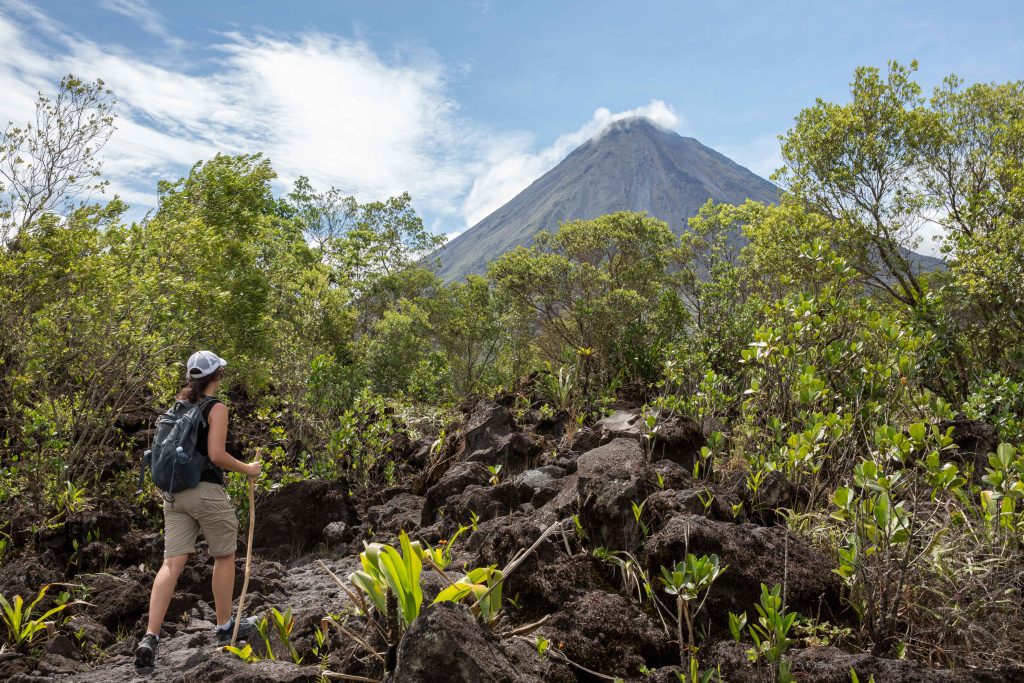
When comparing safety in Costa Rica to other Latin American countries, Costa Rica stands out as one of the safest destinations, with relatively low crime rates overall. Many tourist areas and national parks are well-protected and considered safe for visitors. However, it’s important to stay vigilant and take necessary precautions when traveling in any foreign country, including Costa Rica.
Government Travel Advisories
Government travel advisories play a crucial role in communicating safety information to travelers. In this case, the US State Department lists Costa Rica at level 2 (defined as “exercise increased caution”) due to crime. Level 1 (“exercise normal caution”) is the safest. Other countries garnering a level 2 rating from the US State Department are Italy, Spain, and Denmark, putting Costa Rica’s safety on par with some of the world’s most tourist-friendly places. The Canadian and Australian governments use the same risk level scale, and both countries rank Costa Rica at level 2.
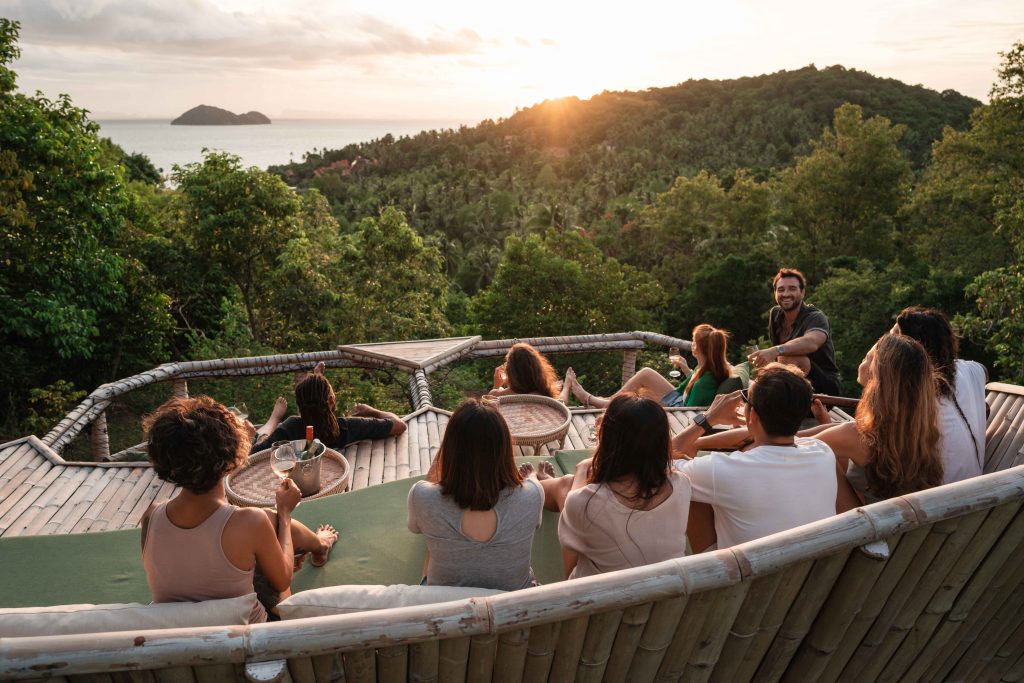
Costa Rica’s Tourist Police
The Tourist Police of Costa Rica (TPCR) focuses on serving tourists, tour operators, and communities that receive tourists. All TPCR members are proficient in English and Spanish and respond to incidents involving both foreign and domestic tourists.
In 2019, Costa Rica ranked 16th out of 140 countries in the World Economic Forum’s assessment of countries prioritizing travel and tourism. The presence of a specialized tourist police force highlights Costa Rica’s dedication to safeguarding tourism and providing a welcoming environment for visitors.
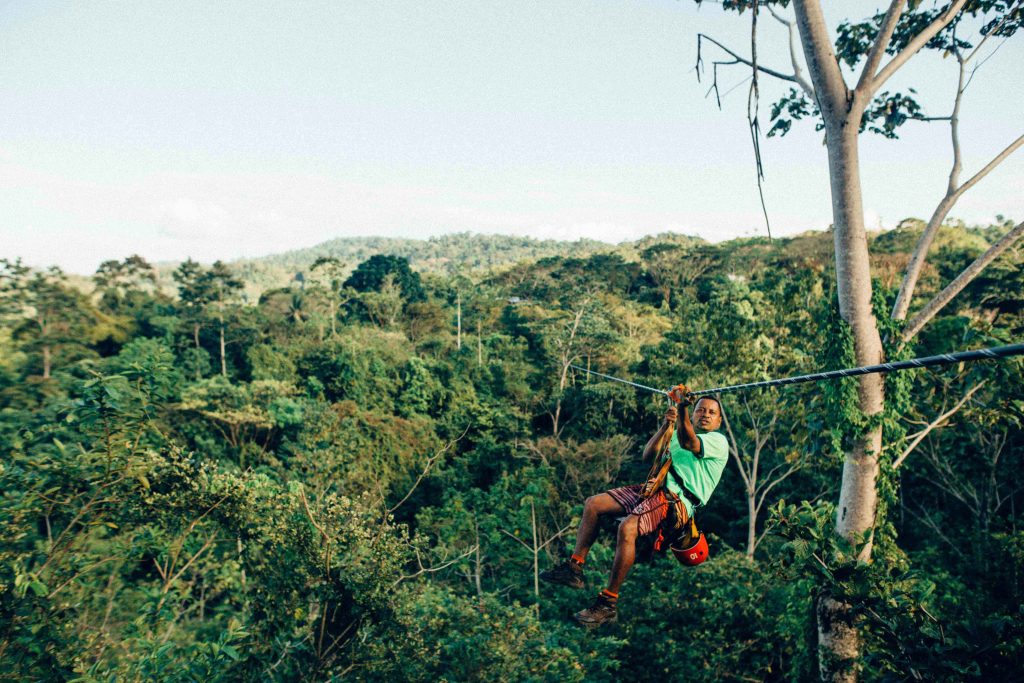
Safety Tips for Travelers in Costa Rica
To ensure a safe and enjoyable trip to Costa Rica, follow some of these basic safety tips.
- Be aware of your surroundings
- Avoid carrying large amounts of cash
- Keep valuables close, to minimize the risk of becoming a target for petty crime
- Utilize the hotel’s safe for storing valuables
- Always be discreet when handling cash in public.
Some safety measures to consider, specific to Costa Rica, are:
- Know the emergency numbers. Dialing 911 will connect you to police, fire, and medical services.
- Respect all wildlife and maintain a safe distance from animals.
- Pay attention to beach flags, tides, and currents, and swim in designated areas.
TourRadar’s Nika P., who recently returned from an organized adventure in Costa Rica, states, “I felt very safe and comfortable all of the time.” Still, she advises following standard precautions like not walking alone through dimly lit or isolated areas in the cities or on beaches at night.
Transportation Safety in Costa Rica
Costa Rica’s roadway infrastructure might not be as extensive as that of Europe’s or Canada’s, but it’s nowhere near as congested as Mumbai’s or New York’s. In 2019, the World Economic Forum ranked Costa Rica’s ground and port infrastructure 86th out of 140 nations. Nonetheless, Costa Rica’s roadways still ranked higher than those of its bigger and wealthier neighbors, like Argentina, Colombia, and Brazil.
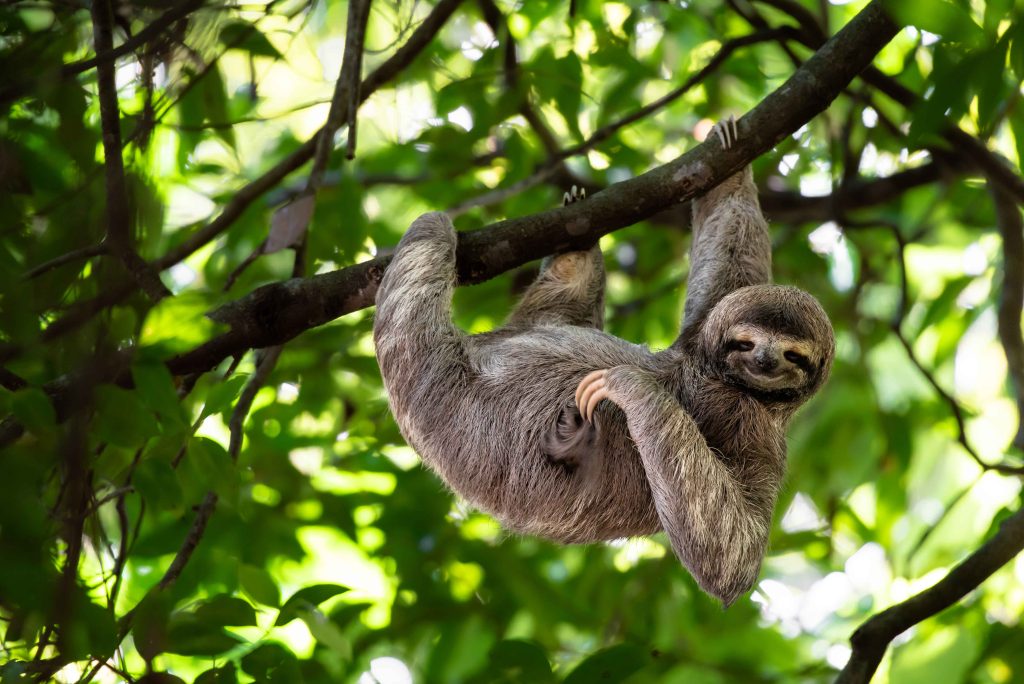
Costa Rica might rank lower than average because these rankings account for factors like paved road density and railroad density. Tourists visit Costa Rica because of its abundance of open spaces, access to wilderness, and proximity to nature—exactly the places that roads and railroads can’t reach! When deciding how to explore Costa Rica, we suggest going with the ultimate travel hack and booking an organized adventure. Letting the experts navigate means you can kick back and soak in the sights without a worry in the world. The drivers are local, seasoned pros who know every dip and turn of the roads they travel. TourRadar’s Patricia B. recently returned from her own organized adventure in Costa Rica and agrees wholeheartedly, stating, ‘Not having to organize, worry, or plan my route helps me do what I most want to do on vacation: relax!’
Health, Medical, and Legal Concerns
Accessing Medical Care While Traveling
Costa Rica has both public and private medical facilities in its cities, small towns, and rural areas. Both are generally well-equipped, and the healthcare system is considered on par with those of most advanced nations.
For peace of mind, it’s essential to have comprehensive travel insurance covering medical costs, including medical evacuation, before departing. When visiting a hospital or care provider, be sure to have a copy of your passport and travel insurance details available.
Drinking Water Safety in Costa Rica
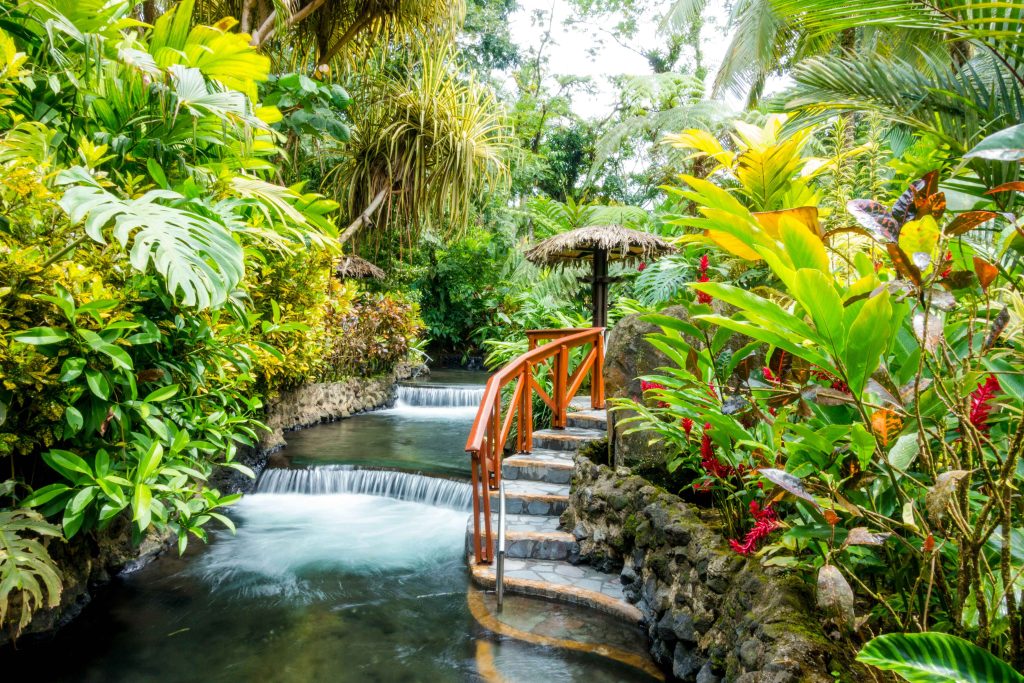
Costa Rica’s tap water is generally safe to drink in most tourist areas. The World Economic Forum’s 2019 Global Competitiveness Report ranks Costa Rica 37th overall when measuring the reliability of its water supply. Additionally, according to the World Health Organization and UNICEF, 81 percent of Costa Rica’s population can access safely managed drinking water sources.
Consulate and Embassy Resources
Your consulate or embassy can provide assistance and support in case of emergencies, such as lost passports and medical or legal issues. It’s advisable to keep the contact information of your consulate or embassy handy when traveling in Costa Rica.
Conclusion
So, there you have it! Costa Rica isn’t just a place to connect with nature; it’s also a place where you can feel safe. With dedicated tourist police and robust medical services, Costa Rica rolls out the welcome mat for all. Stay informed about the current safety situation and download the Vigilios app for the latest information in any country you visit. Embrace the Pura Vida lifestyle responsibly, explore must-visit locations, and enjoy all that Costa Rica offers!
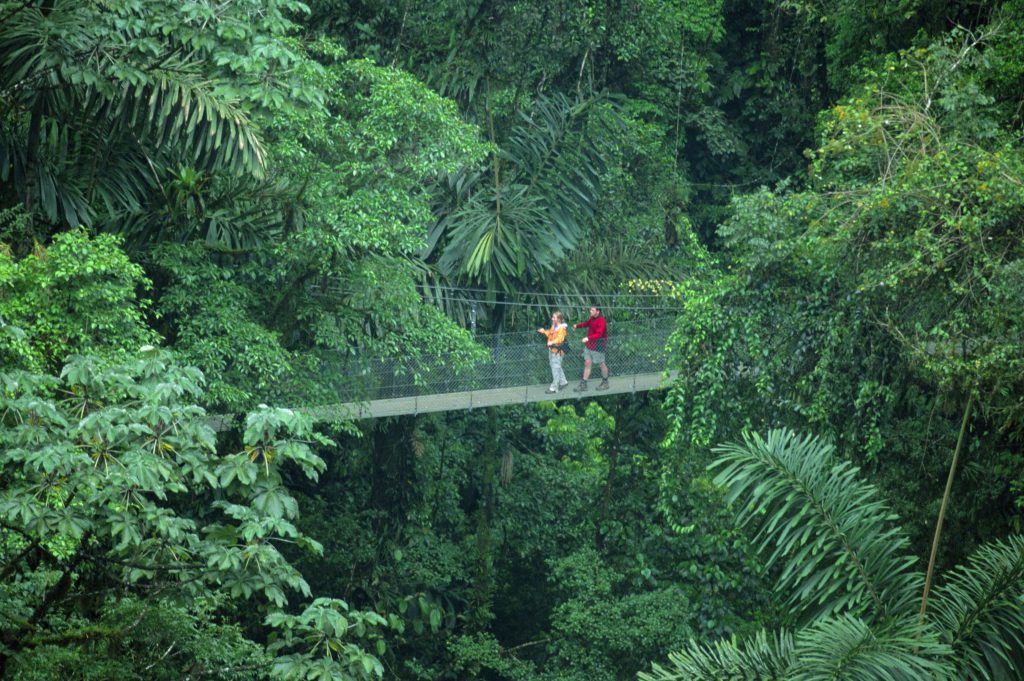
About Vigilios
As you plan your adventures, it’s crucial to have up-to-date safety information. Vigilios, an AI-powered travel safety app, provides precisely that. It consolidates data from various trusted sources to deliver timely, accurate insights directly to your device. With Vigilios, navigating new destinations becomes easier and safer. Whether you’re exploring a bustling metropolis or seeking tranquility off the beaten path, Vigilios ensures you stay informed and confident every step of the way. You can download the app here.


